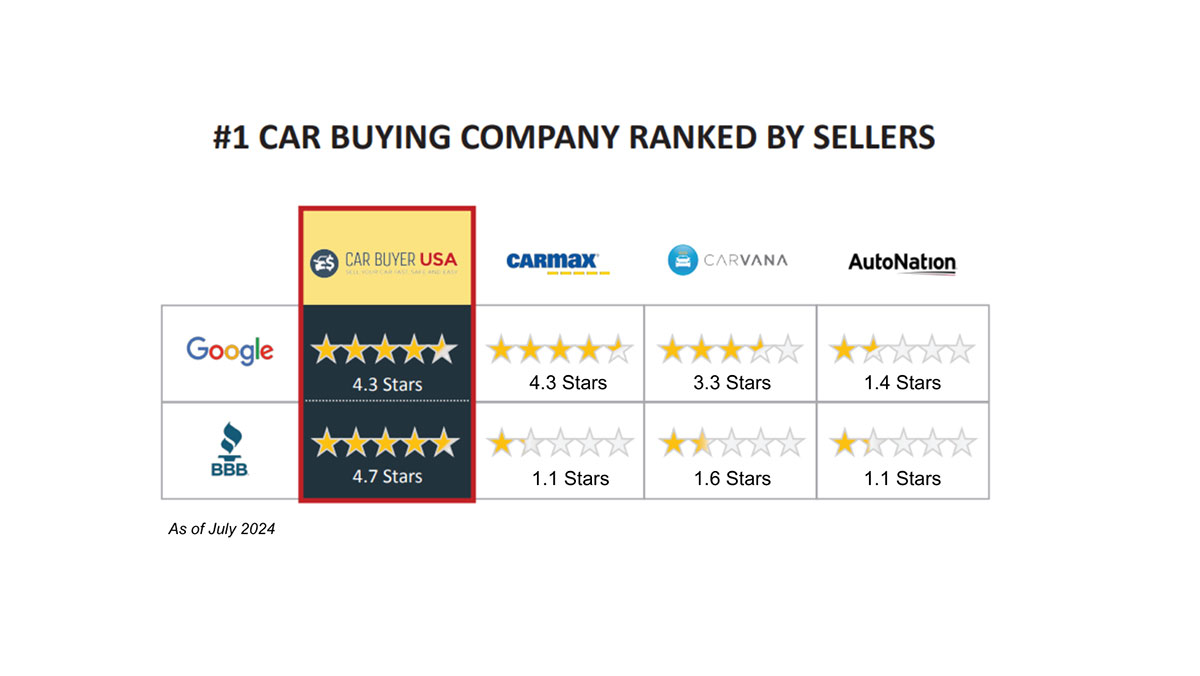
Trying to figure out your car’s value? It’s not always as simple as plugging in a few numbers. Your vehicle’s worth depends on a mix of factors—its make, model, year, mileage, condition, and even the ever-changing car market. While websites like Kelley Blue Book (KBB), Edmunds, and NADA Guides offer quick estimates, understanding how accurate these values are takes a bit more digging.
When you enter your car’s information on a valuation site, you’ll often see a price range: low, average, and high. These numbers can be a helpful starting point, but they’re not guarantees. Why? Because these platforms use different data sources and formulas. For example:
- Kelley Blue Book (KBB) uses market trends, auction data, and dealership sales.
- Edmunds considers regional demand and dealer inventories.
- NADA Guides, now owned by JD Power, bases its values more on industry averages than local realities.
Each tool has strengths, but none provide a perfect snapshot of what your car will actually sell for in your area. One reason values can differ is how these sites operate. Many of them don’t just offer free estimates—they also sell your data to car dealerships. If you use some of these tools, you might notice a wave of calls and emails from dealers hoping to buy your car. Edmunds, for instance, is now owned by
CarMax, so using their service might connect you directly to one of their sales reps. This lead-generation approach raises questions about objectivity. Are these platforms giving you a fair value—or just trying to funnel you into a dealership?
It’s important to know the difference between:
- Trade-in Value: What a dealer might offer you when you’re buying another car.
- Private Sale Value: The amount you might get selling it to another person.
- Retail Value: What a dealer might list it for on their lot.
Trade-in values are usually the lowest, since dealers need to make a profit. Private sales can net you more, but they take time and effort. Retail is what buyers will see on dealership websites—but keep in mind, dealers often recondition cars before resale, adding to the price.
Car values don’t exist in a vacuum. Things like fuel prices, economic trends, vehicle supply, and even local demand can impact what your car is worth. Customizations, past accidents, and vehicle history reports also play a big part. That's why it's smart to browse local listings of similar vehicles—you’ll get a better sense of what buyers are actually paying.
Online tools are great for ballpark numbers. But for something more concrete, a professional appraisal— either at a dealership or from a certified appraiser—can give you a better picture. Or, if you’re looking for a no-hassle option, Car Buyer USA makes the process easy.
At Car Buyer USA, we do things differently. No email required. No personal information. Just a quick, free quote with no pressure and no gimmicks. We’ve spent over 12 years buying cars the honest way— with zero hidden fees and no surprise follow-ups. While other companies may use your info to flood your inbox! We keep it straightforward and stress-free.
Ready to find out what your car is really worth?
👉 Visit carbuyerusa.com,
📧 Email us at info@carbuyerusa.com, or
📞 Call us directly at 678-635-2050.
Let’s keep it simple—fast and fair!


